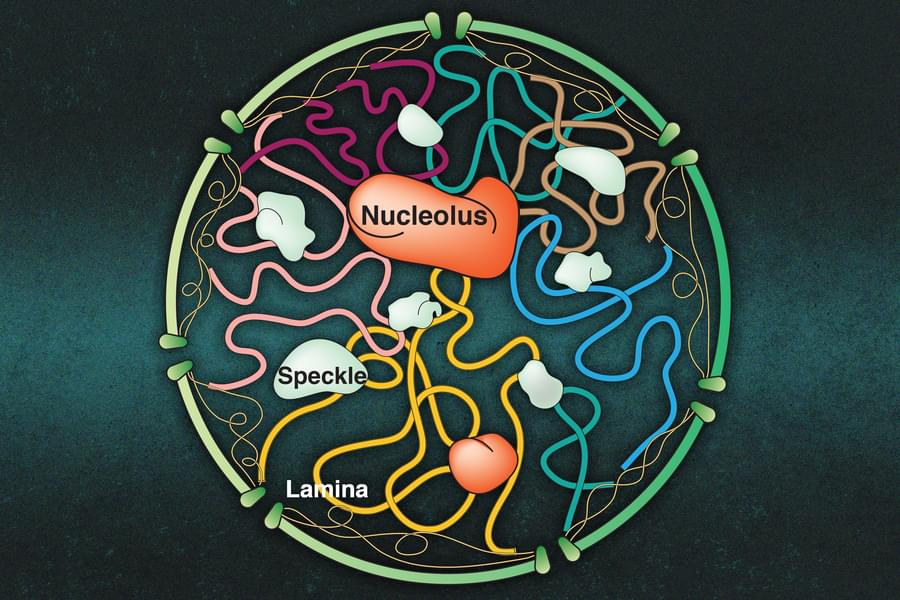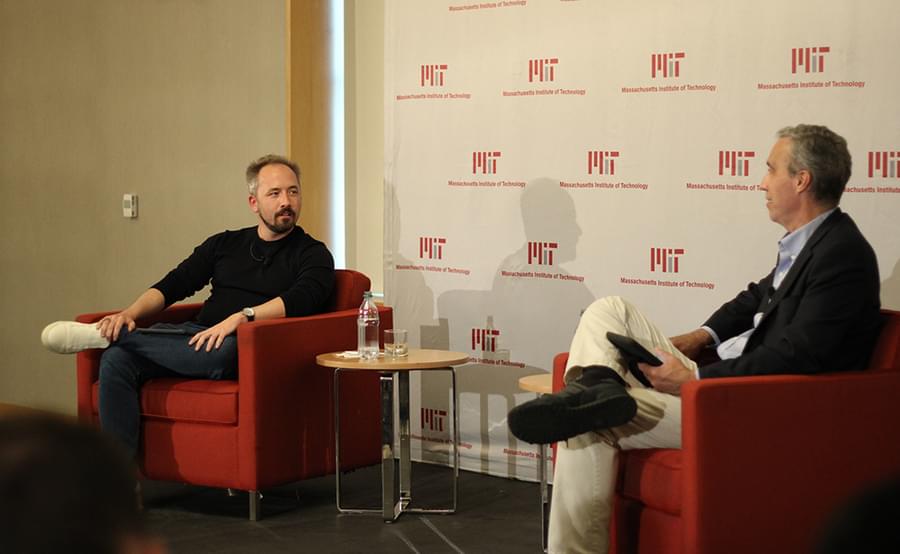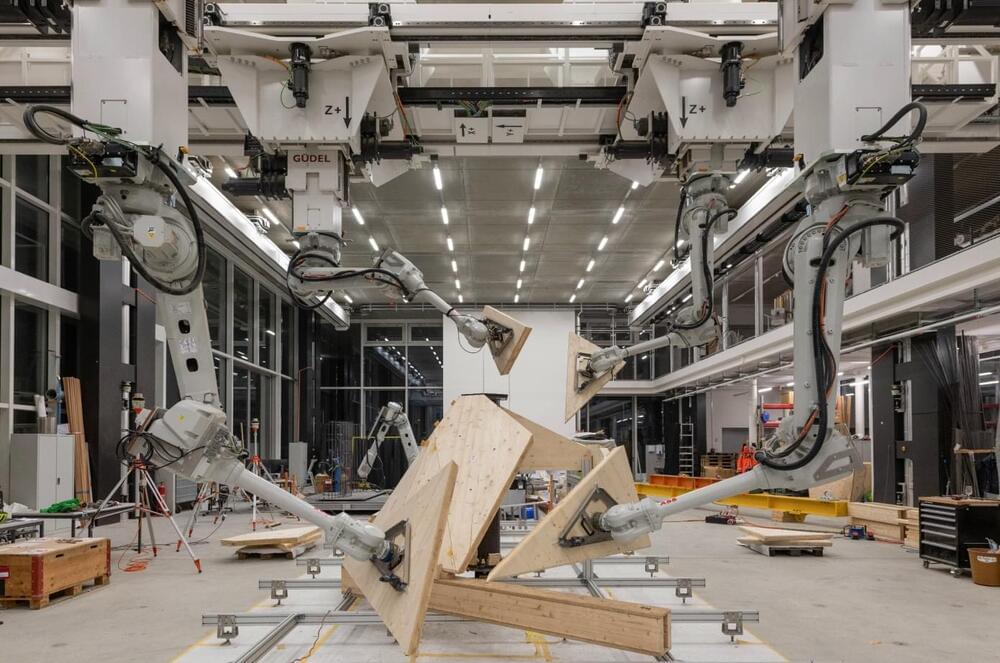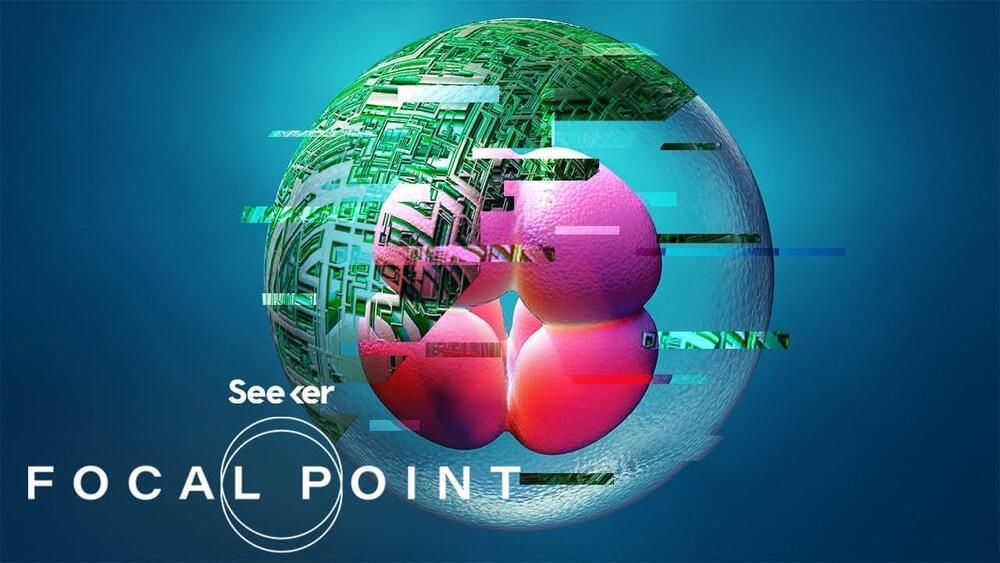Nov 25, 2021
AI-Scientists May Usher in A Bright Future in the Search for Extraterrestrial Intelligence
Posted by Dan Kummer in categories: alien life, particle physics, policy, robotics/AI
It’s almost Time to use our AI Brothers to search for and Welcome our Space Brothers. Welcome AI and Space friends.
The best public policy is shaped by scientific evidence. Although obvious in retrospect, scientists often fail to follow this dictum. The refusal to admit anomalies as evidence that our knowledge base may have missed something important about reality stems from our ego. However, what will happen when artificial intelligence plays a starring role in the analysis of data? Will these future ‘AI-scientists’ alter the way information is processed and understood, all without human bias?
The mainstream of physics routinely embarks on speculations. For example, we invested 7.5 billion Euros in the Large Hadron Collider with the hope of finding Supersymmetry 0, without success. We invested hundreds of millions of dollars in the search for Weakly Interacting Massive Particles (WIMPs) as dark matter 0, and four decades later, we have been unsuccessful. In retrospect, these were searches in the dark. But one wonders why they were endorsed by the mainstream scientific community while less speculative searches are not?

















